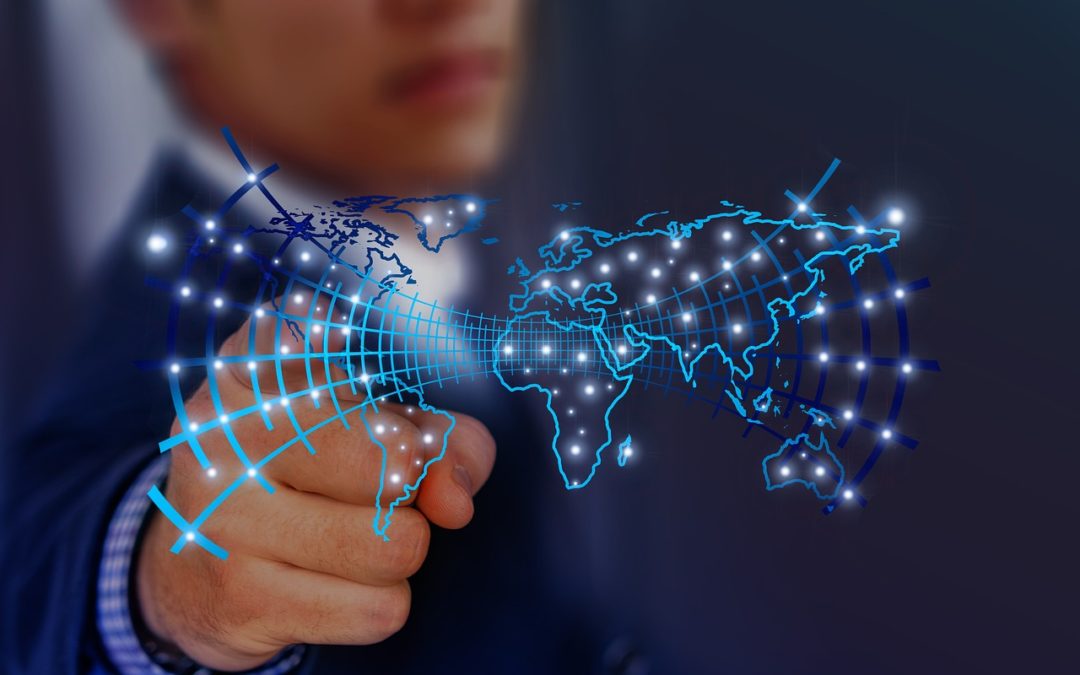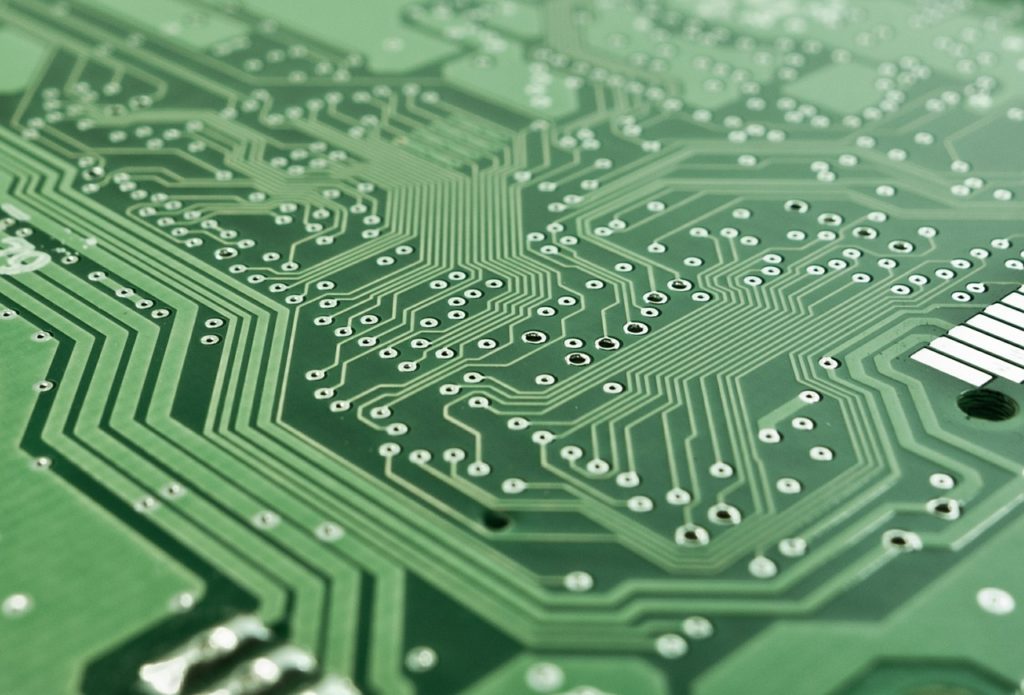A machine’s ability to imitate the human thinking process is categorized as Artificial Intelligence (A.I.). What was once considered to be a farfetched dream, only seen in sci-fi books or movies, is more than ever a reality, which is changing the ways the world works. Artificial intelligence isn’t something which can completely replace the human thinking process, at least at this stage, but the range of possibilities that it offers in every field of technology is second to none.
Alan Turing, a British mathematician and WW-II code breaker, gave an idea about machines that could make decisions on their own, but his theories seemed, at that point, futuristic. Despite all the opposition, he was sure that one day there would be machines which could imitate human thinking, at least to some extent. He created the Turing Test which differentiates machines from humans. His test is still used to test the extent of a machine’s ability to think like a human.
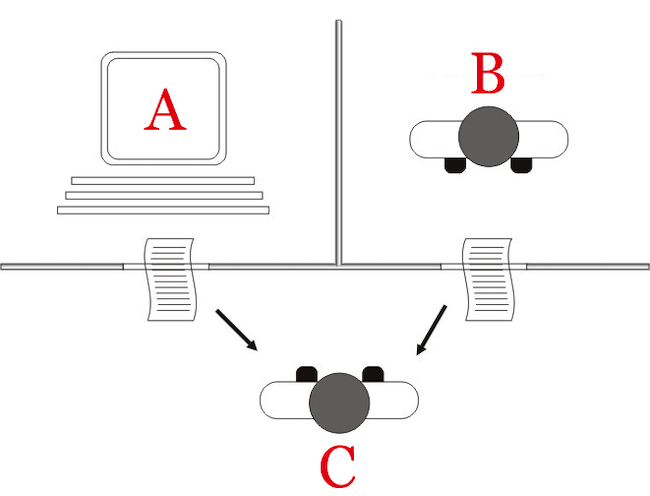
Since then, various personalities and influencers around the world have kept working for the development of this technology. In 1956, the Dartmouth College summer AI conference took place with some of the most important researchers of this time, such as Claude Shannon, John McCarthy, Marvin Minsky, and Nathan Rochester of IBM. McCarthy coined the term artificial intelligence for the conference.
MIT’s artificial intelligence lab creation in 1959 and the rise of personal computers from the 1980s are all part of this evolutionary process. Now, there is so much research and development in artificial intelligence that it is difficult to keep a count. Until some years ago, artificial intelligence was in the news for some successes, such as when Deep Blue chess machine (IBM) defeated Garry Kasparov in 1997 or, more recently, the wins of Google DeepMind AlphaGo in Go in 2015-2016 and Poker AI Libratus in Poker in 2017.
But artificial intelligence is used in a lot of sectors, from healthcare and retail to agriculture and finance.
AI in Daily Life
Artificial intelligence is incorporated in a lot of everyday things that we don’t even realize. Our smartphones, laptops, apps, and websites are using some AI technologies in chatbots, voice and image recognition, etc.
- Customer Support
Many companies find it difficult to commission human customer support online 24/7. This is where AI support bot comes in. While these bots can’t thoroughly solve a complicated problem, they are able to solve minor issues by searching the site and coming up with the optimal solution or best answer. Continuous developments in Natural Language Processing (NLP) means that someday these bots might replace humans completely.
- Surveillance
Multiple security cameras with many monitoring screens are pretty difficult for humans to keep track of. Also, human guards are prone to get bored by constantly looking at multiple screens for hours. An AI software, with several monitoring algorithms, is being used in some places. This software can easily detect a suspicious activity and alert the human guards.
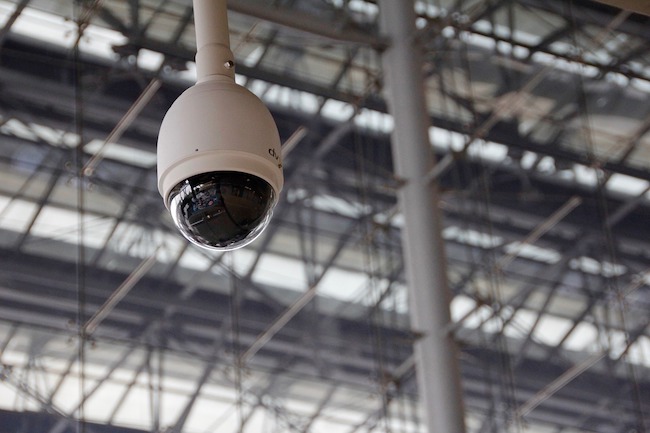
- Healthcare
AI for health is one of the main field of research. Creating systems that can recognize a specific disease or its symptoms on X-rays, for example, can lead to an earlier diagnosis and treatment. These AI systems need large data sets to learn how to identify the necessary information and give an accurate diagnosis. They are presented as useful tools that could be used by the doctors.
- Search Engines
Major search engines use AI algorithms to rank websites and find the legitimacy of a website. You’ll never come across a fraud or fake website on the first pages of Google. These AI algorithms are robust and can efficiently filter the good and bad websites.
- Recommendation Service
Ever wondered why Netflix comes up with your next favorite show through recommendations? Or how Spotify can find the best tracks for you? All these recommendation algorithms use AI at the backend, and it has been working pretty well.
- News Creation
Some big names in the industry have admitted to using AI to create some simple news. Artificial intelligence can’t create a big, complicated article, but it is able to create small data-driven articles like sports, finance, and real estate.
- Video games
AI is a major part of many video games. It has been for many years. AI is heavily used in sports simulation games and first-person shooter games. All the characters in these games that are not controlled by the players are powered by AI.
Industries and AI
Many industries are realizing the firepower of AI, and they are jumping on the bandwagon. More and more companies are understanding the benefits of using AI tools in their activities, as indicated in the MIT Sloan Management Review’s 2018 Global Executive Study and Research Repor on AI for revenue-generating applications over cost savings. Listed here are some applications of AI in the industry.
- Finance
AI and machine learning are playing an important role at financial institutions. JPMorgan Chase, Wells Fargo, and many other financial institutions have already invested millions on AI financial management.
High-frequency trading is another field using AI and machine learning. Big institutions and hedge funds use these complex AI algorithms for trading purposes. These algorithms are created by collaborating with top professionals in the industry, and they are closely guarded secrets for a good reason.
Modern fraud detection in the finance sector is also powered by AI because, instead of following a fixed set of rules, the AI is able to adapt and learn upcoming threats and ways to eliminate them.

- Marketing
AI has made its way into the realm of digital marketing. One big example is how search engines are able to return precise results for your search term. This was not the case a few years ago. Search engines use complex AI algorithms to fetch the best results against a specific search term.
Forecasting or predicting is another application of AI in the marketing industry, where these algorithms can efficiently predict the success or failure of a certain campaign. This helps the advertisers fine-tune their efforts accordingly and produce the best possible results.
Google, Facebook, and Amazon have used AI in their marketing efforts, but they are far from being the only ones, and AI tools are not reserved to the biggest companies. Some actors such as Criteo or AB Tasty are, for example, developing solutions for advertising, AB testing, and marketing for a vast range of businesses.
- Agriculture
Analytics, robots, and drones are being created to increase the efficiency of the whole harvesting process. Companies develop advanced algorithms to monitor the crop and soil health. Predictive models are also being created to predict and track weather changes and analyze which are the better plants to cultivate regarding the soil and the climate. Thanks to the analytics, the professionals can maximize production. AI tools offer a real gain of productivity and reduction of the costs and also could help to reduce the negative impact over the environment.
- Healthcare
Predictive healthcare trackers use AI to continuously monitor a patient’s health condition using real-time data collection and analysis. Intelligent chatbots can efficiently handle a physician’s inquiries and guide them to the proper specialist. Algorithms are also developed in order to efficiently analyze X-rays or CT scans in order to give a more accurate diagnostic in a short lapse of time.
AI predictive analysis in healthcare has been proven useful in monitoring patients using real-time data and predicting an upcoming emergency.
Mayo Clinic and Massachusetts General Hospital in America are using AI in their facilities. University College London Hospitals in conjunction with the Alan Turing Institute are working successfully on AI healthcare. As mentioned above, healthcare is one of the main research sectors for AI.
- Transport
“Autonomous vehicles” is the new buzzword in the AI industry. With the help of AI pattern recognition, LIDAR, proximity sensing, real-time and fast data analysis of several environmental and technological factors around the vehicles, autonomous vehicles are not a dream anymore.
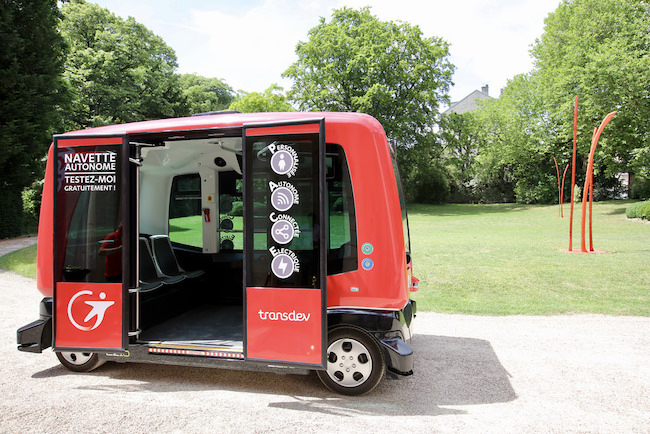
Ethical Implications and Fears
Those who are hopeful about AI have a lot of expectations attached to it. On one hand, AI is expected to perform very accurate, complex, and labor-intensive tasks from predictive maintenance to art, autonomous vehicles and weapons, but there is a fear that it may completely replace humans. AI replacing the humans’ work is one of the biggest fears.
An example is that the corporate sector is expecting the AI to handle all their legal work, because it will be efficient and much more cost effective than external law firms, who charge a huge amount of money. The fear for the big law firms is that they may get ditched entirely and lose their top clients if the technology is perfected. For many other professions like taxi drivers, truck or boat carriage employees, web writers, teachers, retail professionals, the impact of AI will clearly be noted.
With the fears come also ethical questions with the use of AI. There is no proper code of ethics on how AI should go, and this scares even some of the top minds in the world. Gary Kasparov said in 1997 after a defeat from IBM’s Deep Blue, “I don’t know how we can exist knowing that there exists something mentally stronger than us.”
Misuse of AI can lead to catastrophic results around the world, for example, for autonomous weapons, autonomous cars, or cybersecurity.
AI is not just a trend anymore. It is a solid reality which is present in our everyday lives, and we are interacting with it in one way or another. When we use social media, AI is there monitoring our behavior. When we use a search engine, it is using AI to fetch the best results for us, and at the same time, it is analyzing thousands of search trends at a time. Our smartphones, apps, gadgets, games, and even cars are starting to use AI. Its presence is bigger than we could anticipate.
The fact that some of the biggest minds in the world fear an AI overhaul and how it is taking the place of humans in several industries makes it a solid technological entity of the modern world and not just a temporary trend.


